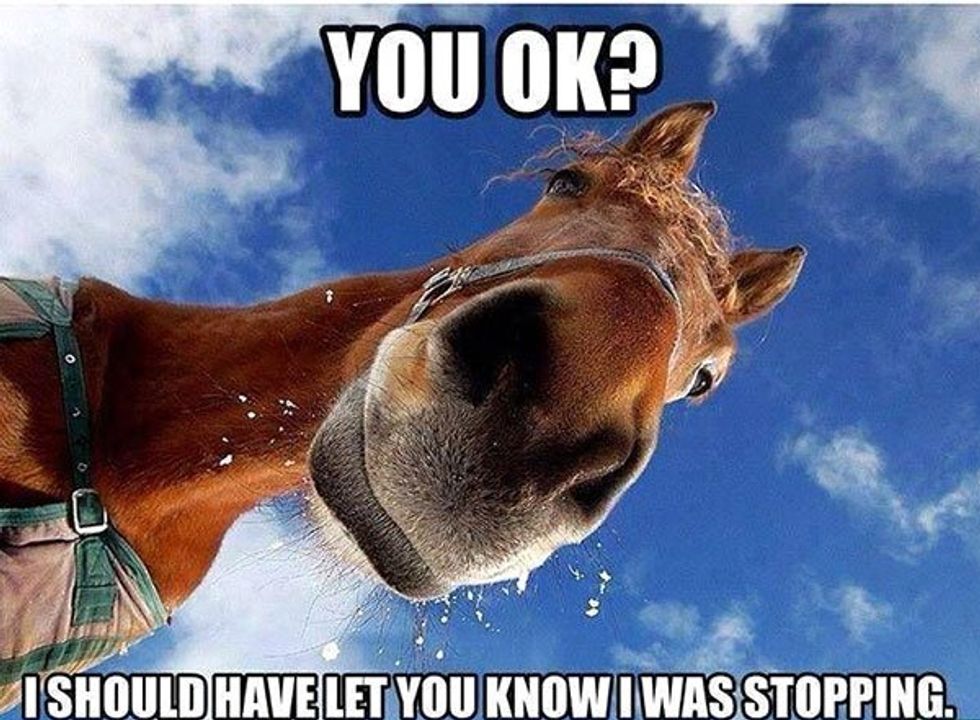After reading Hume's Enquiry and imagine an empiricist response to Descartes's Meditations, one can collect essential facts that prove them to be opposite in their philosophical reasonings and state the empiricist’s most persuasive argument against Descartes’s method and mention any common ground shared by the two perspectives
Epistemology is the rational way of analyzing and studying the disciplinary ideas of science, as well as their methods and their findings. It refers to empiricism which is the theory that applies to all knowledge is derived from sense-experience; rationalism, the epistemological view of actions and opinions to be based on experience and reason rather than on emotional response or religious belief.
Descartes is a rationalist. Therefore, he believes in deductive reasoning which is the reason is the best way to understand reality. Descartes also thinks that experience is uncertain which means Sense experience is unpredictable and full of error, “ therefore reasons and ideas should not come from experience. Hume is an empiricist, so he thinks every ideas and reason are a posteriori which means they must come from experiences to be certain. “If a man cannot have some sensation because there is something wrong with his senses, he will never be found to have corresponding ideas” (2). He also refers to matters of fact and relations of ideas. Relations of ideas includes math logic and intuitive or demonstrative certainty.
Descartes stated that to understand ourselves, we must understand God, “ I exist and have such an idea, I infer that God exists and that every moment of my existence depends on him” (18), while Hume stated that the ability to understand God is within our minds. “The idea of God- meaning an infinitely intelligent, wise, and good Being- comes from extending beyond all limits the qualities of goodness and wisdom that we find in our minds” (2).
According to Hume, this reason can be determined merely by thinking without the need to relate to anything else that exists in the entire universe (11). Matters of fact is related to the custom which is the habit that expects the future to be similar to the past based on historical experience. Relations of ideas is more related to something ahistorical and unchanging; “when we analyze our thoughts or ideas- however complex or elevated they are- we always find them to be made up of simple ideas that were copied from earlier feelings or sensations” (2); one instance is enough. Matters of fact is related to the custom which is the habit that expects the future to be similar to the past based on historical experience. “All the reasonings about matters of fact seem to be based on the relation of cause and effect” (12).
Hume classifies passions in the same way as ideas; he distinguishes original impressions from secondary impressions. We receive the original impressions through the senses. They are internal and take the form of pleasures or physical pains. An initial opinion or an idea always precede secondary feelings. The passions, according to Hume, belong to the field of secondary impressions. Hume also distinguishes direct emotions, such as desire, aversion, sorrow, joy, hope, and fear, from indirect passions, such as pride, humility, love, and hate. Hume then distinguishes between the cause and the object of the desires. Hume attacked the metaphysical systems that seek to prove the existence of God or the soul. Humerefused to consider them as knowledge since the man has no experience, in other words, we do not receive any impressions from them. Therefore, it is impossible to say or believe that the soul or God is pure.
First, Hume demonstrates that all our complex ideas are formed from simple ideas, themselves formed from impressions received through our senses. “However far we push this inquiry, we shall find that every thought that we examine is copied from a similar impression”; therefore, the ideas are not fundamentally different from the experience. Descartes believes that certainty does not apply to steps, experience, sensation, memory, or logic. He thinks that anything that is certain should be imperfect, limited, direct, innate and immediate. Additionally, there should not be any possibility of doubt. For example, we can certainly know that we are humans; we have goals; we have a body; everything has an end.
Descartes thinks there could be an evil genius tricking us when it comes to our thinking. “I would have added that a body cannot start up movements by itself, but now that I suppose there is a supremely powerful malicious deceiver who has set out to trick me in every way he can” (5). Reasons are ideas Hume, on the other hand, believes that ideas and reasons should come from experience. However, they are not caused by us, but in us. Descartes’s Goals is to find a firm foundation for philosophical certainty and build on this foundation to justify the sciences. While Hume's Goal is to eliminate abstract ideas from the philosophy that has no relationship to experience and limit opinion to what it can explain inexperience.





 teenhorseforum
teenhorseforum















